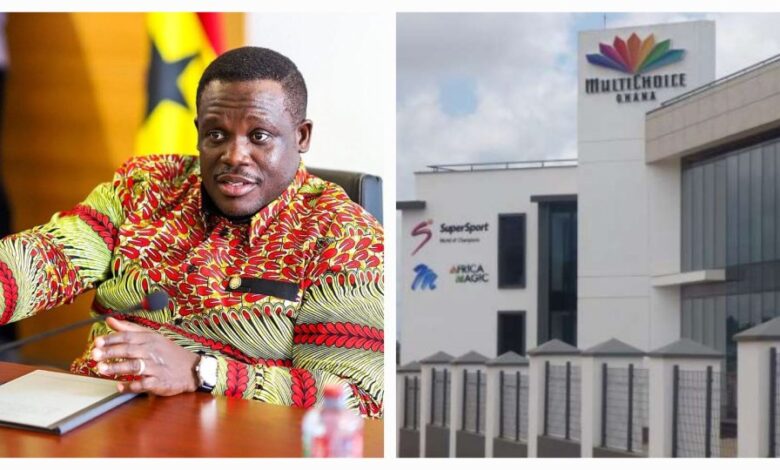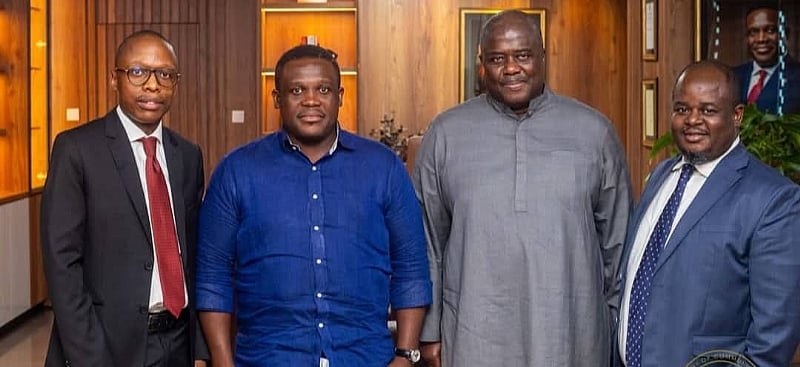Ghana’s DSTv Dispute: From Price Row to Investor Confidence Test

Ghana’s showdown with MultiChoice, operators of DSTv, has escalated from a consumer pricing row into a larger test of regulatory stability, investor confidence, and the country’s reputation as a predictable market.
At the heart of the dispute is a directive from the Minister of Communications, Digital Technology and Innovations, Samuel Nartey George, demanding a 30% cut in subscription prices. The minister argues that Ghanaians pay nearly $83 for DSTv Premium, almost three times the Nigerian rate. When MultiChoice rejected the directive, citing high content rights, forex volatility, and operating costs, tensions boiled over.
Matters came to a head this week when the Minister threatened to suspend MultiChoice’s licence and take DSTv off air by September 6, 2025, accusing the company of bad faith after it denied ever agreeing to a price reduction. For millions of subscribers, this means the risk of blank screens. For investors, it is a red flag about the predictability of Ghana’s regulatory environment.

In an opinion piece, Ernest De-Graft Egyir, CEO Advisor and Founder of CEO Network Ghana, has warned that the dispute sends troubling signals beyond the pay-TV market. He described the confrontation as symptomatic of “policy by ultimatum,” where commercial decisions risk being overturned by political authority. This, he argued, has a chilling effect on capital flows and undermines Ghana’s competitiveness against peers like Nigeria and Côte d’Ivoire.
Egyir also noted unresolved structural issues. MultiChoice’s dominance stems from exclusive rights, particularly English Premier League football, that crowd out competitors. Instead of addressing monopolistic practices through competition and fair trade laws, government has resorted to political confrontation. For investors, this creates three red flags: uncertain rules of engagement, weak consumer protection systems, and reliance on populist interventions.
The implications are clear. While the minister’s directive resonates with frustrated consumers facing high subscription costs, the approach risks undermining long-term investor confidence in Ghana’s digital economy. Businesses looking at the Ghanaian market may see unpredictability rather than stability, weakening the country’s attractiveness for capital-intensive ventures.
Egyir’s piece suggests a path forward: passing competition laws to curb monopolies, strengthening independent consumer protection and dispute-resolution mechanisms, and liberalising the pay-TV and streaming markets. Above all, he argues, disputes must be handled transparently within legal frameworks, not through ultimatums.

As the standoff plays out, the bigger question is whether Ghana can strike a balance between protecting consumers and maintaining the credibility of its regulatory institutions. The DSTv saga is not just about TV screens, it is about the signals Ghana sends to investors at a time when the country is eager to position itself as a regional hub for digital innovation and trade.



